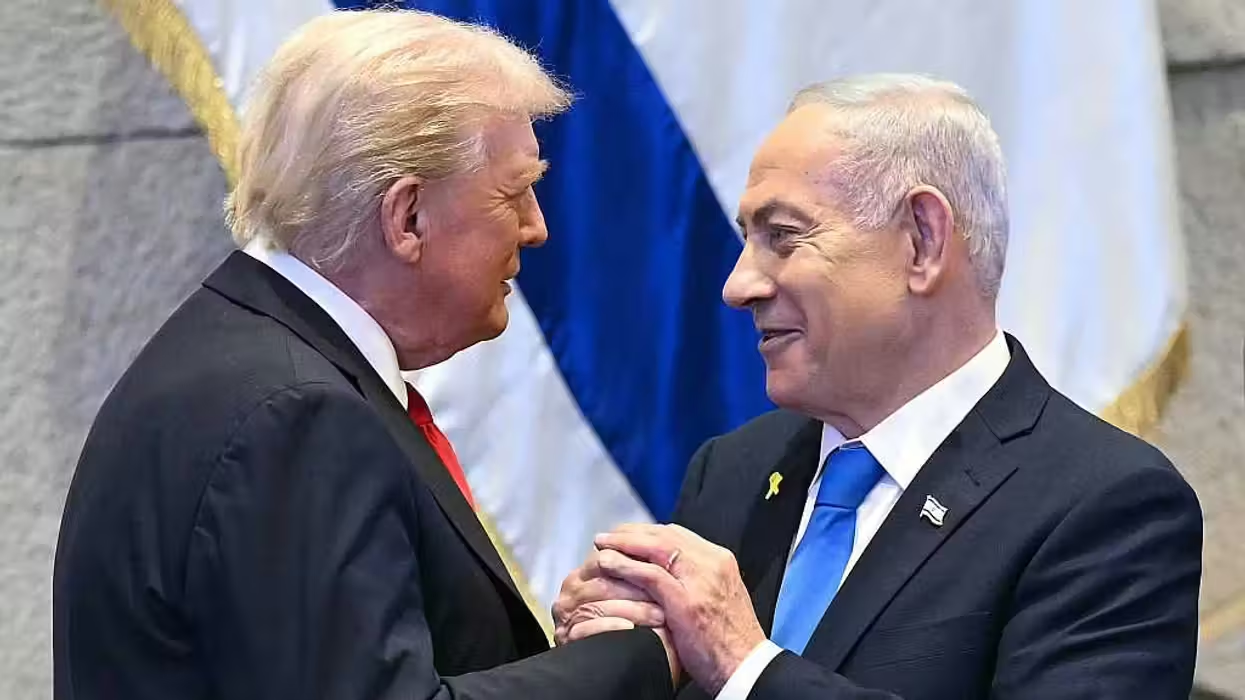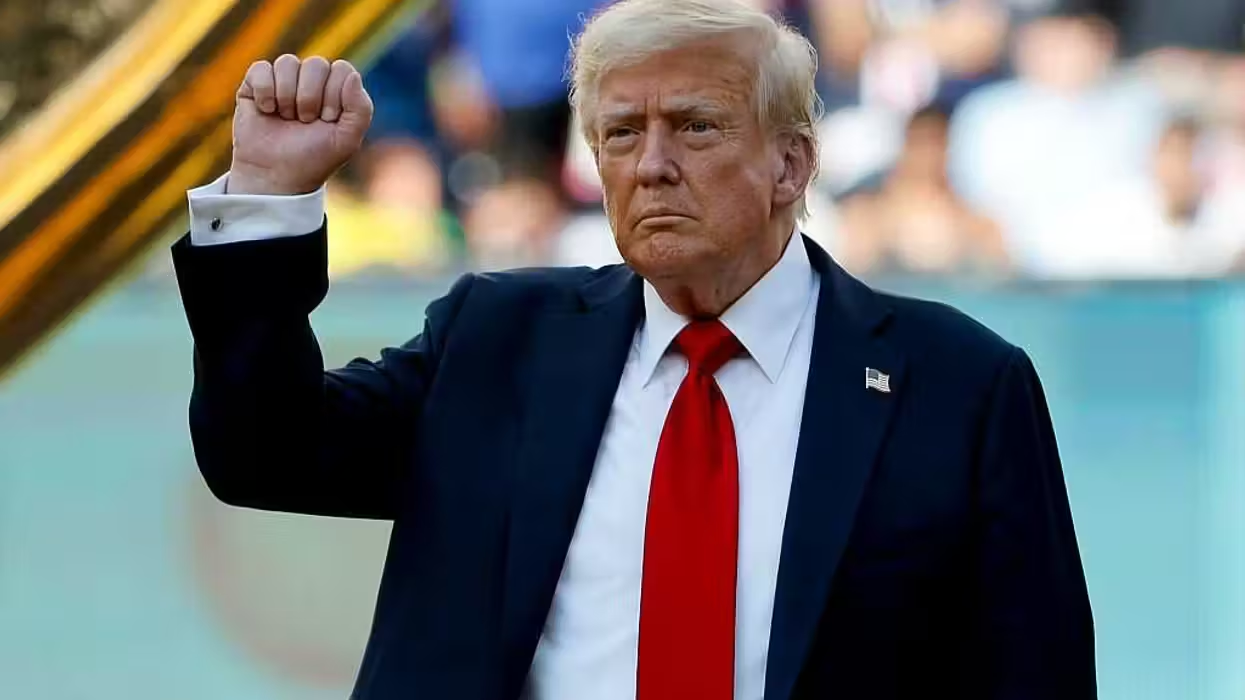
© 2025 Blaze Media LLC. All rights reserved.
“If Saudi Arabia fails, then I say you have a fire in the house."
As Libya degenerates into chaos and a "Day of Rage" looks more and more likely in Saudi Arabia this week, oil traders are increasingly betting that crude will hit an unbelievable $200 a barrel. Couple that with the unrest that has already sent oil and gas prices soaring, and already some are wondering if the U.S. will open up its strategic oil reserves in order to lower prices. The answer: the White House is hinting it's possible.
In trading today, U.S. light, sweet crude pushed nearly $107 a barrel. And while it eventually settled just above $105 (it's highest close since Sep. 26, 2008), the current national average for a gallon of regular unleaded gas is $3.51, up 14 cents since last week.
"Options traders are betting more than ever that crude oil is heading to $200 a barrel as some websites call for a 'Day of Rage' in Saudi Arabia and anti- government protests spread in the Middle East and North Africa," Bloomberg News reports. It offers a chart to highlight the growing speculation:
 "The CHART OF THE DAY shows open interest, or the number of outstanding contracts, for 'call' options to buy New York crude for June delivery at $200 a barrel," Bloomberg explains. "The number has escalated, along with crude futures, to the highest since the options started trading in July 2009 amid worsening civil unrest in Libya and rare demonstrations in Saudi Arabia."
"The CHART OF THE DAY shows open interest, or the number of outstanding contracts, for 'call' options to buy New York crude for June delivery at $200 a barrel," Bloomberg explains. "The number has escalated, along with crude futures, to the highest since the options started trading in July 2009 amid worsening civil unrest in Libya and rare demonstrations in Saudi Arabia."
Simply put, Bloomberg explains, "Call options grant the holder the right, but not the obligation, to buy a security at an agreed price before a set date." It can protect buyers from even higher prices in the future.
“The price of oil is going to go up, whether you like it to or don’t,” Juerg Kiener, chief investment officer at Swiss Asia Capital Ltd. in Singapore, told Bloomberg. “If Saudi Arabia fails, then I say you have a fire in the house."
At Monday's daily White House press briefing, Press Secretary Jay Carney was asked if rising oil and gas prices meant the U.S. would open its strategic oil reserves. Carney responded the decision to do so isn't based solely on price, bur rather a myriad of factors including overall "disruption" in the oil flow. Still, it is being considered:
The move has been done twice before, once during the first Gulf War and again after Hurricane Katrina.
And while tapping the reserves is still up in the air, the administration seems unwilling to consider alleviating the price pressure by granting more off-shore drilling contracts, which might tarnish the administration's green-energy image.
Instead, Energy Secretary Steven Chu "continues to emphasize longer-range solutions, like biofuels and electric cars," the New York Times reports.
This story has been updated.
Want to leave a tip?
We answer to you. Help keep our content free of advertisers and big tech censorship by leaving a tip today.
Want to join the conversation?
Already a subscriber?
Jonathon M. Seidl is a former managing editor of Blaze News and a best-selling author and speaker. His next book, “Confessions of a Christian Alcoholic,” will be released on October 7, 2025.
Jonathon M. Seidl
Jonathon M. Seidl is a former managing editor of Blaze News and a best-selling author and speaker. His next book, “Confessions of a Christian Alcoholic,” will be released on October 7, 2025.
more stories
Sign up for the Blaze newsletter
By signing up, you agree to our Privacy Policy and Terms of Use, and agree to receive content that may sometimes include advertisements. You may opt out at any time.
Related Content
© 2025 Blaze Media LLC. All rights reserved.
Get the stories that matter most delivered directly to your inbox.
By signing up, you agree to our Privacy Policy and Terms of Use, and agree to receive content that may sometimes include advertisements. You may opt out at any time.





